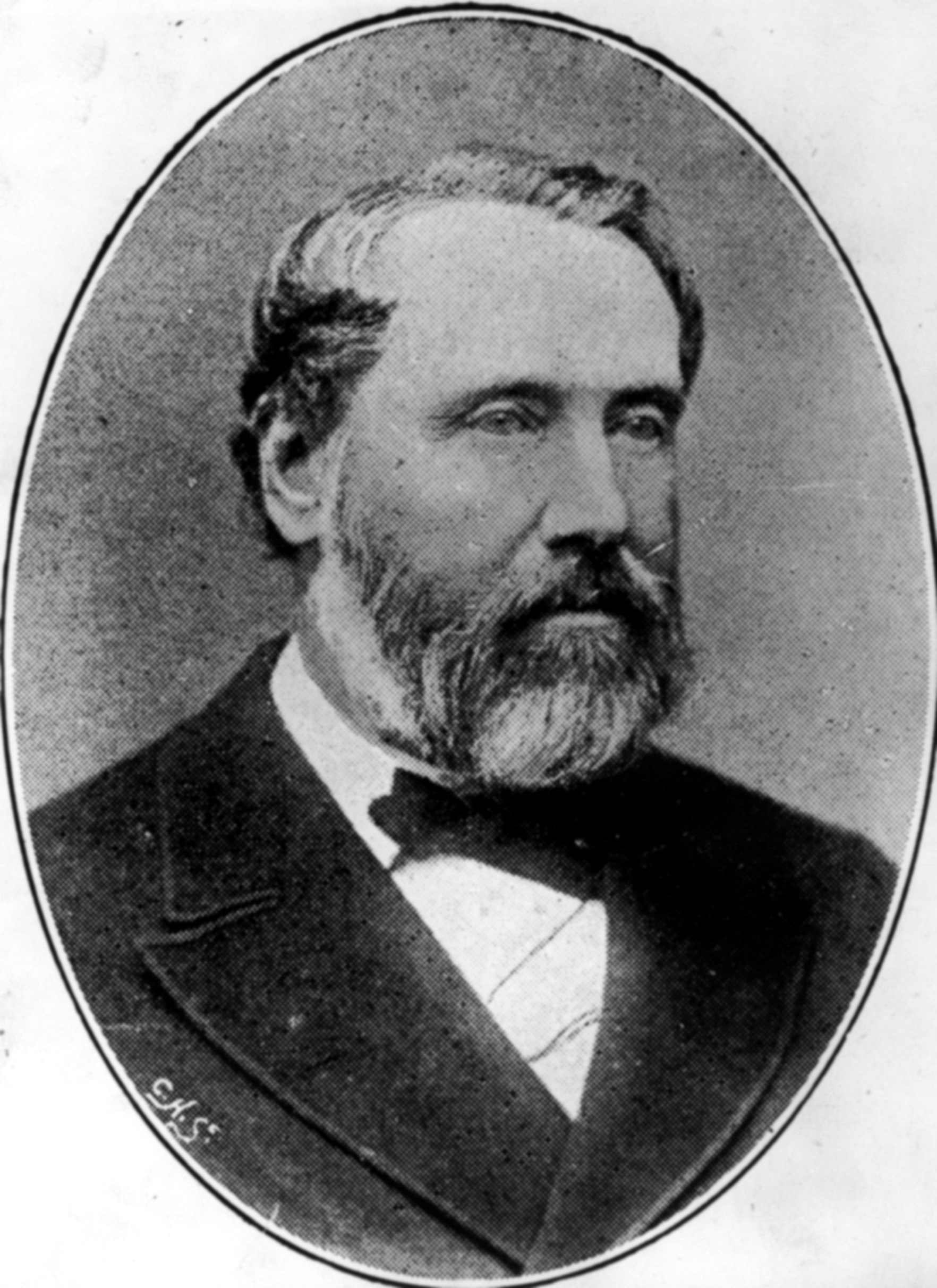
Mark Firth 1874. Source: Picture Sheffield.
Mark Firth was one of the most important Sheffielders of the nineteenth century. His fame and wealth came from the family steel company, Thomas Firth and Sons, established along with his brother, Thomas, and father, Thomas senior, in 1842. As a major philanthropist, he is believed to have donated some £200,000 to projects to help the people of Sheffield. However, it was no secret that Mark Firth’s wealth was in large part derived from the manufacture of armaments. It was discovered that steel could be used for a wide range of offensive and defensive weapons and, following the Crimean War, the Sheffield armaments industry began to grow alongside the steel industry. The technological development of gun barrels and gun tubes led to the establishment of the Gun Works at Firths in 1863, and ultimately the outlay of £100,000 for new plant and equipment, under the agreement that the firm would be rewarded for their expenditure by the British government. These weapons, such as the 35-ton ‘Woolwich Infant’, armed and equipped Britain’s (and France’s) imperial navy. A well-known benefactor to the town and its people, he was deeply mourned when he died. He had donated alms-houses and money for their upkeep, a park (Firth Park), and money for Firth College, which eventually became the University of Sheffield. Mark Firth was interred in plot W1 167 in the Anglican area of the Cemetery. The monument is Listed Grade II.



